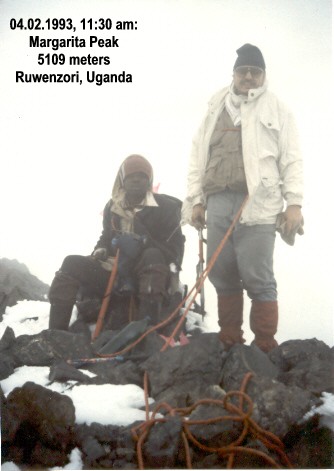Diskussion über Themen der Entwicklungszusammenarbeit (EZ) in/mit Westafrika einschließlich (und vor allem) der politischen sowie sozio-ökonomischen Bedingungen in den Ländern und was EZ bewirken kann -- oder auch nicht -- oder ob sie aber nicht sogar schadet. ACHTUNG: In Ermangelung von Kommentaren lediglich Beiträge zu EZ-Themen.
_________________________________________________________________
In the early 1950’s, the Dayak people of Borneo suffered a malarial outbreak. The World Health Organisation (WHO) had a solution: to spray large amounts of DDT to kill the mosquitoes that carried the malaria. The mosquitoes died; the malaria declined; so far so good. But there were unexpected side effects. Amongst the first was that the roofs of the people’s houses began to fall down on their heads. It seemed that the DDT had also killed a parasitic wasp which had previously controlled thatch-eating caterpillars. Worse, the DDT-poisoned insects were eaten by geckoes, which were eaten by cats. The cats started to die, the rats flourished, and the people were threatened by outbreaks of typhus and plague. To cope with these problems, which it had itself created, the WHO was obliged to parachute 14 000 live cats into Borneo. Operation Cat Drop, now almost forgotten at the WHO, is a graphic illustration of the interconnectedness of life, and of the fact that the root of problems often stems from their purported solutions.
(Quoted in Rachel Wynberg and Christine Jardine, Biotechnology and Biodiversity: Key Policy Issues for South Africa, 2000)
Quelle/Source URL: >>
hierDas Beispiel mit dem Victoria-See, wo der artfremde Einsatz des Nilbarsches auch in den 50er Jahren bis auf den Tilapia alle anderen ca. 12 Fischarten zum Aussterben (sprich Aufgrefressen werden) geführt hat, will ich hier nicht weiter ausführen.
P.S.: Aufmerksam geworden bin ich auf die Katzen-Story bei >> Ehrensenf




Keine Kommentare:
Kommentar veröffentlichen